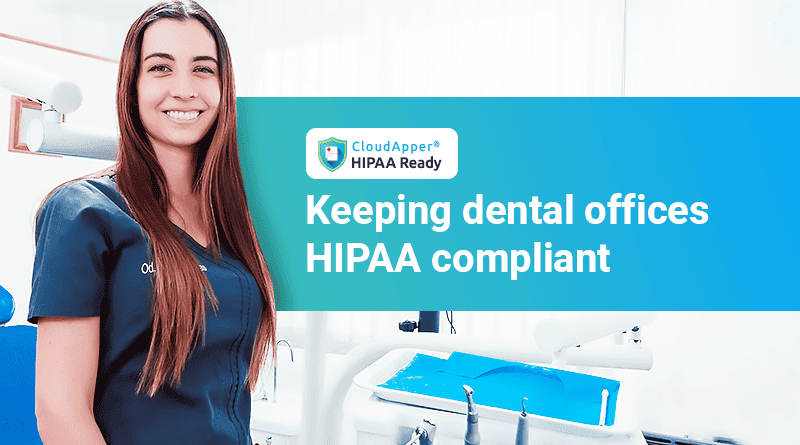In 2001, an audit program protocol was established by the Office for Civil Rights (OCR) in which it measured the efforts of covered entities through a set of instructions. Covered entities and business associates are required to be audited periodically by The Department of Health and Human Services’ Office for Civil Rights (OCR). Conducting HIPAA compliance audits helps to ensure organizations are complying with the requirements of HIPAA regulations.
OCR updated the HIPAA Compliance audit program protocol in 2016. The updated phase 2 of the HIPAA compliance audit program requires covered entities and business associates to review their policies to meet the requirements of HIPAA Privacy, Security, and Breach Notification Rule.
As the number of operations in businesses keeps expanding, maintaining HIPAA compliance is becoming increasingly challenging. According to the HHS, as of March 2020, 70% of organizations are HIPAA non-compliant. That is why HIPAA compliance audits are important – they provide key information on risks and implementation. This HIPAA compliance audit checklist can be used to ensure that HIPAA stipulations are met:
Conduct HIPAA compliance audits internally
An effective way to reveal elements that could be corrected and resolved is to perform internal audits prior to an official HIPAA compliance audit being conducted. Conducting HIPAA compliance audits at regular intervals internally, can help save you from major trouble in case OCR randomly selects your organization for an audit. It also helps to assess vulnerabilities within your organization.
Gathering effective training manuals
Employees and staff members who are not well acquainted with the requirements of HIPAA regulations can inadvertently cause problems. Providing proper training is essential to ensure that your employees understand the significance of being compliant. The preparation of training manuals can be very useful for employees and will also be proof that your organization is dedicated to educating employees as required by the mandate. Experts who evaluate your system will know that your organization is well aware of the provisions of HIPAA when you provide these documents. Moreover, OCR also checks if employees do actually understand HIPAA. Therefore, it is recommended that you provide effective training manuals prior to an official HIPAA compliance audit.
Designating a Chief Privacy Officer and a Chief Security Officer
Establishing a dedicated HIPAA team or appointing personnel within your organization can ensure everyone is adhering to the HIPAA stipulations. Appointing a privacy and a security officer is also required by the HIPAA law. To manage costs efficiently, these officers can be someone already working in your organization – there is no need or requirement to hire someone new. Privacy and security officers will be responsible for overseeing the efforts that the organization is making to meet the HIPAA requirements. This can be done by assessing security policies regularly, checking whether training materials are working and up-to-date, performing a risk analysis of the IT system, and checking whether effective safeguarding measures are in place.
Be honest when talking about security
When specialists perform HIPAA compliance audits, they will want to know about security incidents and breaches. Auditors know that breaches and security incidents can be recurring and are faced by many healthcare providers. They are more concerned about the steps and efforts you have taken to address these issues.
Documentation of security and privacy policies
Just like the documentation for training, your security and privacy should also be well-documented. Storing data in a secured database can help you keep these documents organized, as well as making them easier to find. Examples of policies that require documentation are HIPAA Privacy and Security Rule, physical security, incident responses, and firewalls for networks and devices. Proper documentation can be used to show the auditors how you keep your data protected and is also beneficial in bolstering organizational efficiency.
HIPAA compliance audits made easy with HIPAA Ready
As organizations continue to face challenges in regards to HIPAA stipulations, many organizations are not fully prepared when it comes to HIPAA compliance audits. Thankfully, HIPAA Ready can assist you to be ready for an audit.
HIPAA Ready is HIPAA compliance software that is specially designed to make your compliance management processes easier. This robust software enables you to perform internal HIPAA compliance audits to identify and resolve compliance risks. In addition to audits, this software includes effective training management information for employees and staff members. With just a few simple clicks you can set up training schedules and notify your employees and arrange training sessions. This central monitoring and management system can also serve as a database for storing your documents.
Working with organizations that specialize in compliance can help you determine how well your business is keeping up with security and compliance standards. With HIPAA Ready you will be well prepared for your upcoming HIPAA compliance audit.



















